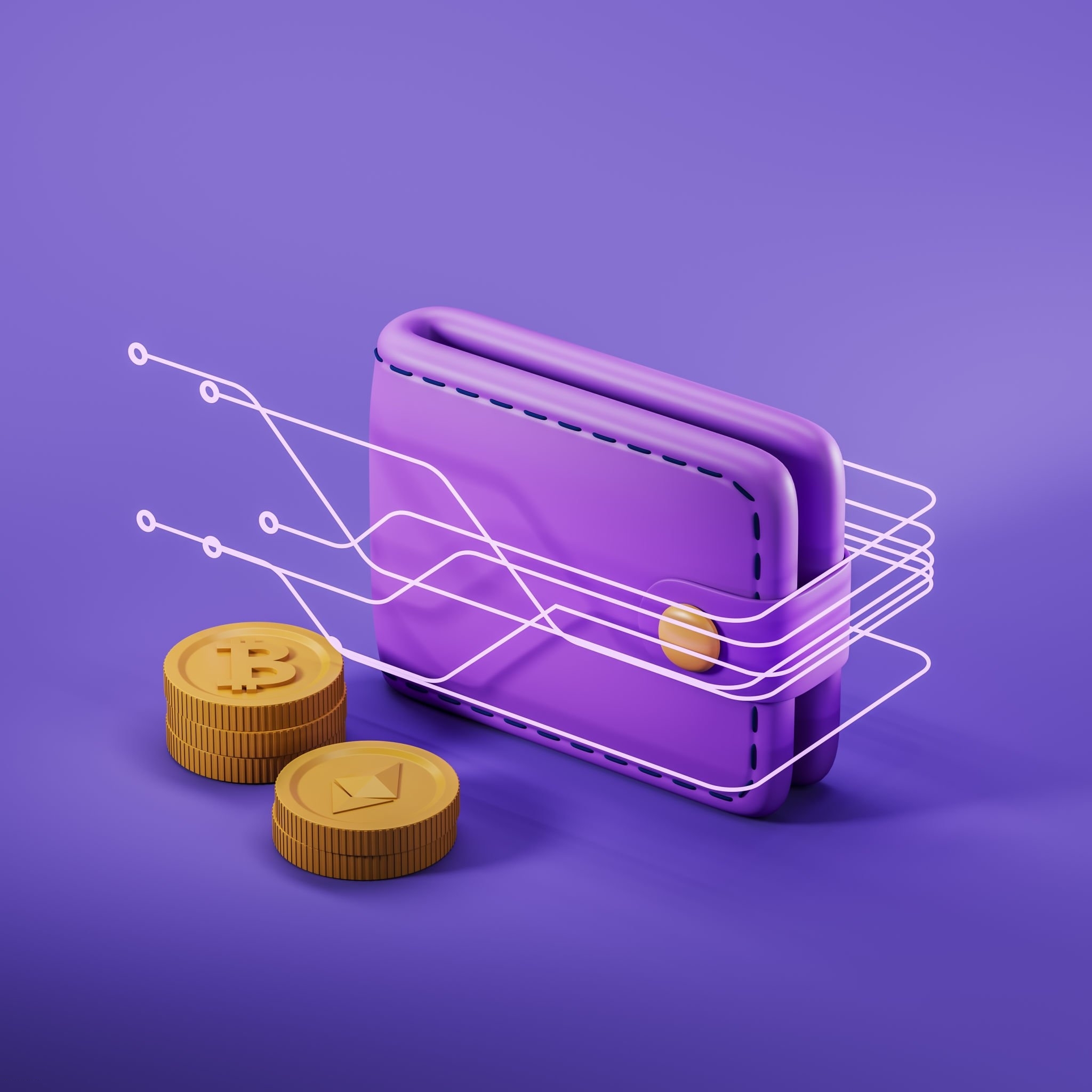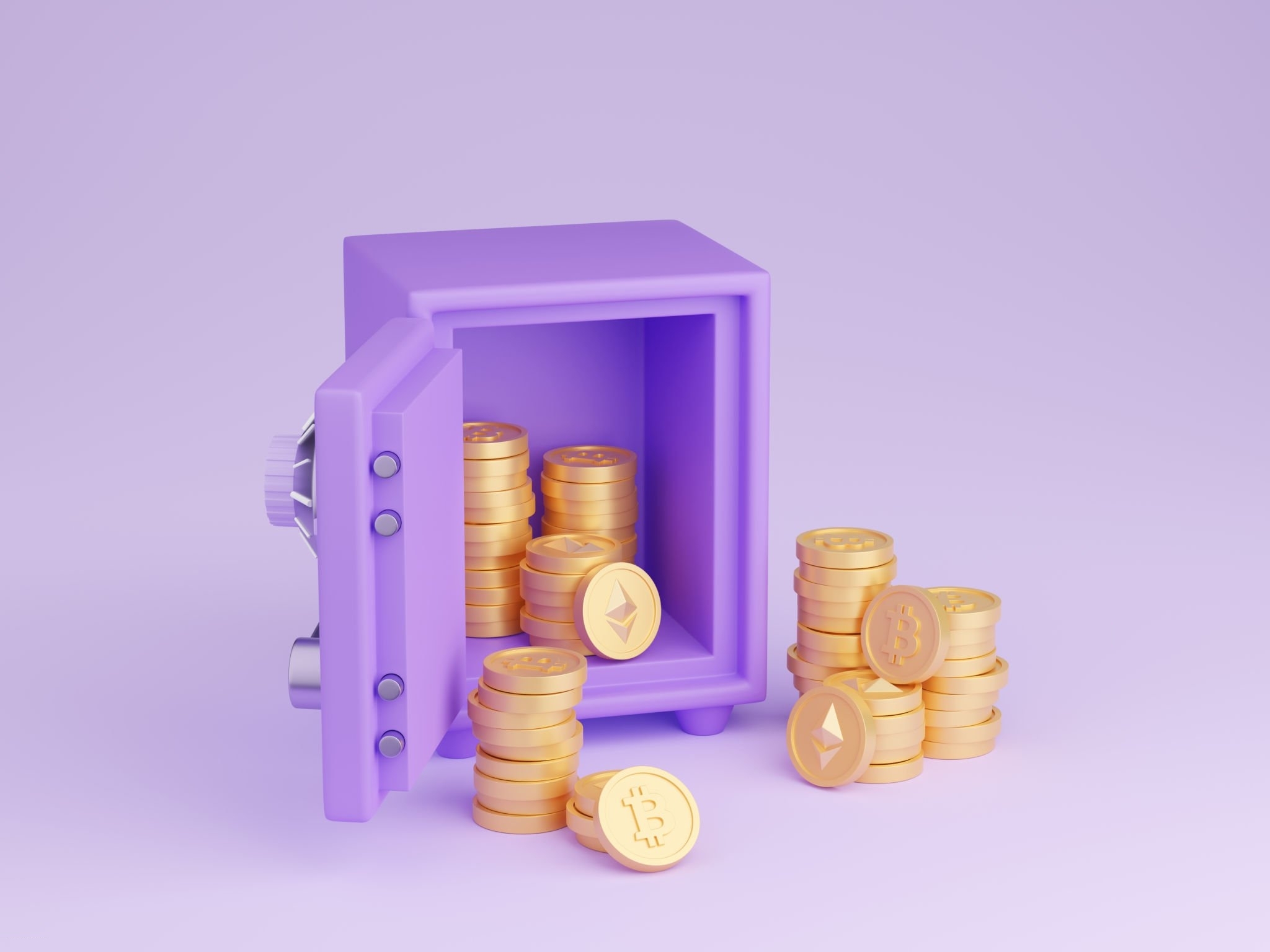
How To Choose a Cryptocurrency Wallet

Cryptocurrency wallets are the ways you store, send and receive cryptocurrencies. When you buy your first coins, it’s important to make sure that they’re safe and secure. Here are some things you should think about when choosing your wallet:
What type of wallet do you need?
The type of wallet you should use depends on what you plan to do with your cryptocurrency. There are three primary types:
- Hardware wallets — These are physical devices that store your private keys in an offline environment, usually protected by PIN codes or biometric authentication. They’re ideal for storing large amounts of cryptocurrencies, such as Bitcoin or Ethereum.
- Software wallets — These are apps installed on your computer or mobile device that allow you to access and manage your funds from any internet-connected device (like a smartphone). These features include multi-signature support, which allows users to split their assets among several different accounts so no single person has access alone; one-time password generation; encrypted storage of all private keys through 256-bit AES encryption; etc… The main disadvantage here is that software wallets may not be very secure if they’re not updated regularly—and sometimes hackers will compromise them by stealing bitcoins directly from the user’s computer without any knowledge at all! But they’re still safer than paper wallets because they don’t require printing out hundreds upon hundreds of bits worth of numbers every time we want one!
Do you want a software, web, or hardware wallet?
- Software wallets are installed on your computer or mobile device.
- Web wallets are hosted by a third party.
- Hardware wallets are physical devices that store your private keys, so they’re more secure than software and web wallets (but they aren’t 100% safe).
How much do you plan to store in your wallet?
If you plan to store a lot of cryptos, you’ll want a wallet that is secure and has good reviews. If your goal is simply to keep track of your cryptocurrency and make occasional trades, it may be sufficient to use an app or exchange platform like Coinbase.
If you plan on storing smaller amounts (in the tens or hundreds), there are plenty of wallets that are simple and easy to use—and will probably cost less than $10 each year in transaction fees alone!
Do you plan to use your crypto for payments?
If you plan to use your crypto for payments, it’s best to choose a wallet that supports payments. Some wallets are better suited for this purpose than others.
- Some wallets do not support payments at all (which is fine if you only want to hold coins).
- Some wallets charge higher fees for making transactions with them (this may not be an issue if the amount of money involved in your transaction isn’t too high).
Make sure your crypto wallet is secure.
The next step is to make sure your crypto wallet is secure. If you’re using a mobile device, this must be the case. While most cryptos are now available on your phone or computer, some require a hardware device (such as Ledger) for them to be accessed securely and privately.
It’s also important that you take steps like using 2FA (two-factor authentication), which requires additional information from you before accessing any funds in your wallet. If someone were able to steal or otherwise access your phone or laptop while logged into their account, they would not be able to transfer anything out of it until they had access again—and if they could get back into their account then they would be able to transfer everything back out again!
There are many types of crypto wallets to choose from, but what matters most is how secure it is and if it fits your needs.
If you’re just getting started with cryptocurrencies, then a mobile wallet might be best for you. These apps allow users to access their coins on the go by downloading an app onto their phone or tablet. They typically have higher transaction fees than desktop or web-based wallets though because they use mobile networks instead of traditional internet connections like those found in home computers and laptops (and therefore incur additional costs).
Mobile wallets also tend not to offer as much security as other types of wallets do; however, this can be mitigated by making sure that users have strong passwords that are unique per device and never shared between devices—this way even if someone gets hold off one device there won’t be any traceable trail left behind them either!
Conclusion
We hope that this guide has helped you decide which type of wallet is right for you. Our top recommendation is an online software or web wallet, which offers more flexibility but less security than a hardware wallet. If you want something even simpler than that, a paper wallet might be all you need!